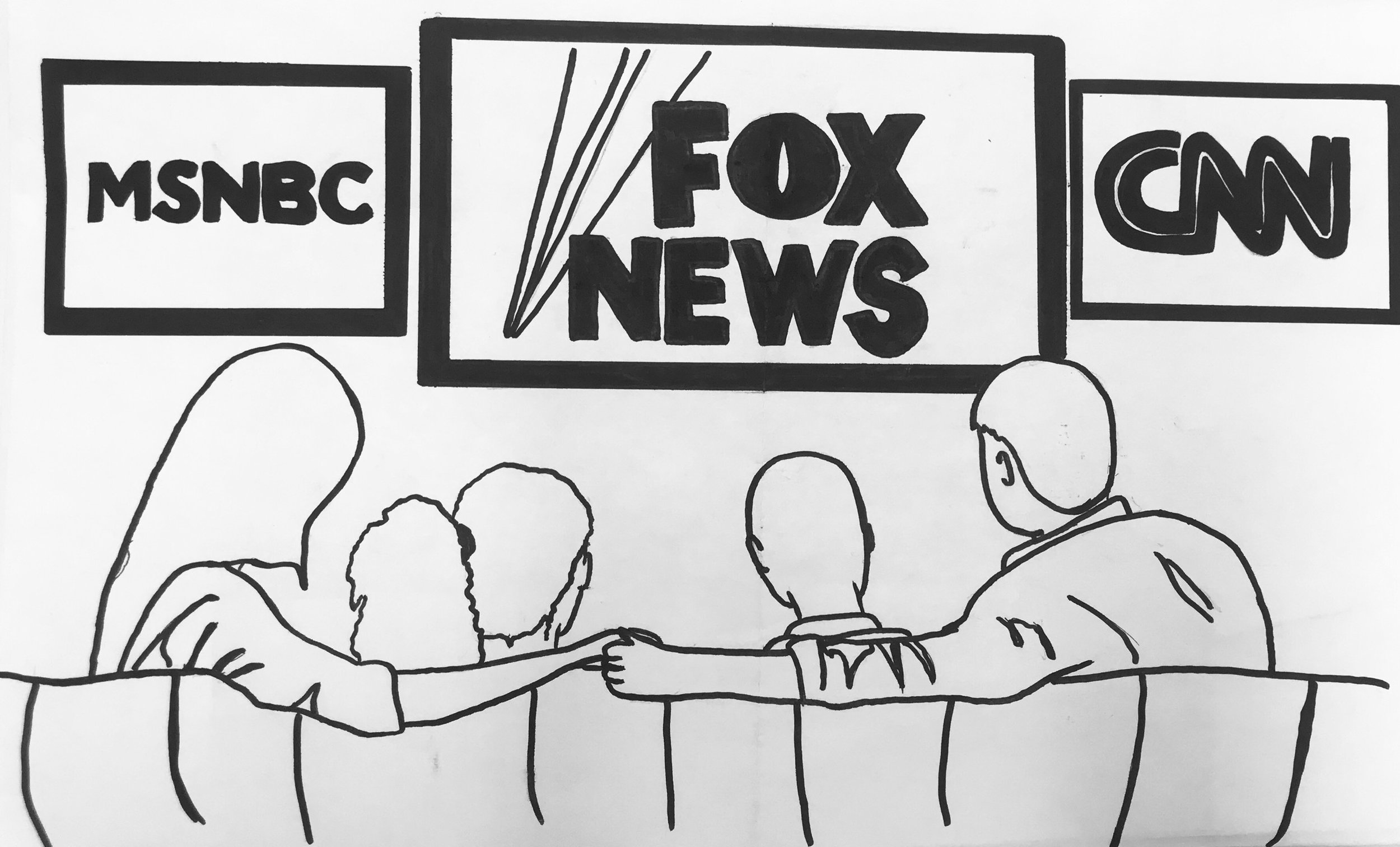The Catch-22 of American News Consumption
If there's one thing I've learned in my time in the Corsair newspaper and journalism classes, it's that news stories, above everything else, need to make people care. Whether it's about a small neighborhood or a major national event, the first thing you need to do is make people want to read your story. However, we might've reached a point where our news consumption is doing more harm than good.
To make one thing clear, I am not discounting nor discouraging the work of any journalists or news sources. The stories they tell that range from covering violent crime, racism, political blunders, Trump, international events, and even celebrity scandals are important to talk about and discuss. Take the story regarding the African-American Yale student who got the cops called on her because she fell asleep in the wrong common room for example, or the story of the two African-American guys who got the cops called on them because they were in a Starbucks without buying anything for a few minutes.
Then there's political coverage, which has become one of the most popular topics in recent years. This is once again both good and bad. It's good because the public now has an active interest in our politics and want to know what's going on within their government. However, it can be bad because people are filtering the news they want; instead of being encouraged to see a different narrative, they are adamant in confirming and defending their own beliefs, especially on social media.
According to a 2017 survey done by the Pew Research Center, about 67% of Americans get their news from social media. I bring this up because it helps explain why many people have skewed and one-sided views on things like politics, race crimes, and regulations. Due to the nature of their algorithms, social media tailors things to fit our views. Every click you make, and every story you follow, helps social media platforms build around you and your views. This fuels your confirmation bias by providing stories that verify your belief, whether they're credible or not.
This is a complicated situation we find ourselves in. Our news consumption is as high as it's ever been, but people are choosing their own narratives to follow. Various news sources all provide their own view onto a situation, but don't encourage nor provide other views.
It's not going to be easy to solve this, since Americans are encouraged to follow their own paths, but I believe there are few ways we can at least mitigate these issues. One is to consume news with a hint of doubt and look at other news sources to see their views, no matter how much it goes against your own. Another way is find sources that are completely factual with as little bias as possible. It ultimately comes down to how much you, as the reader, are willing to do the research.

